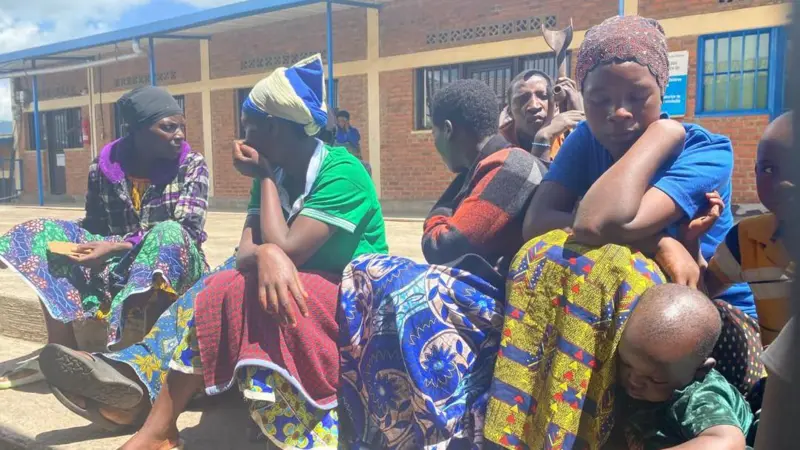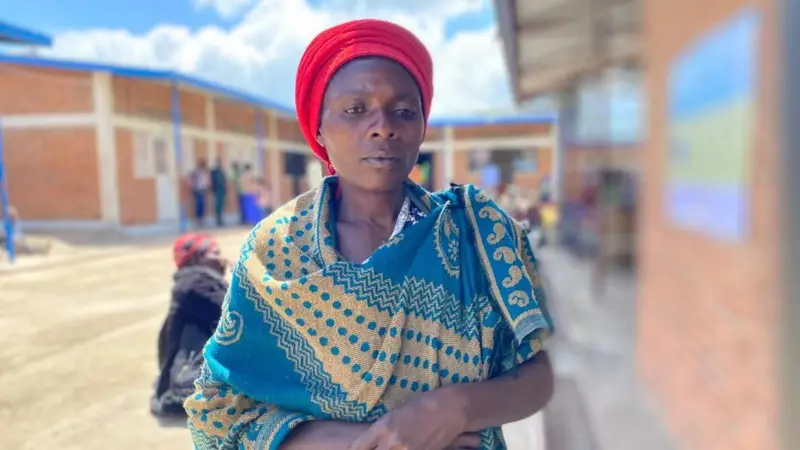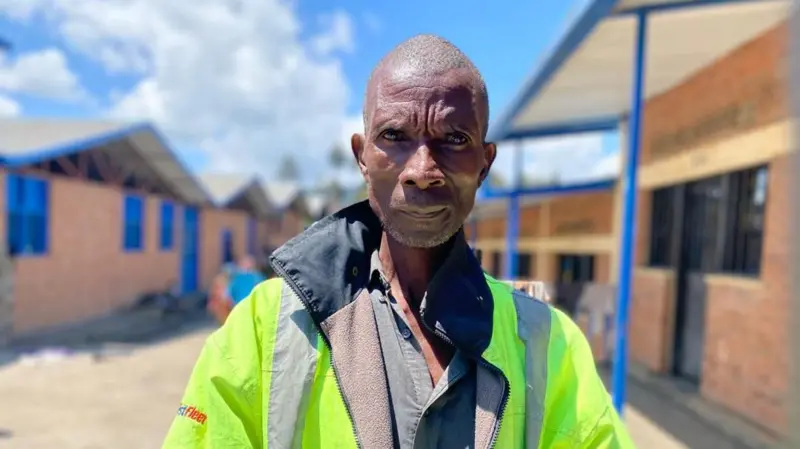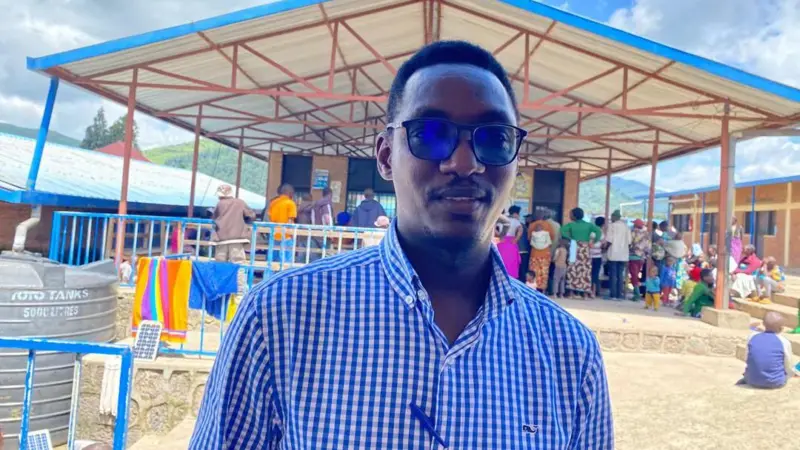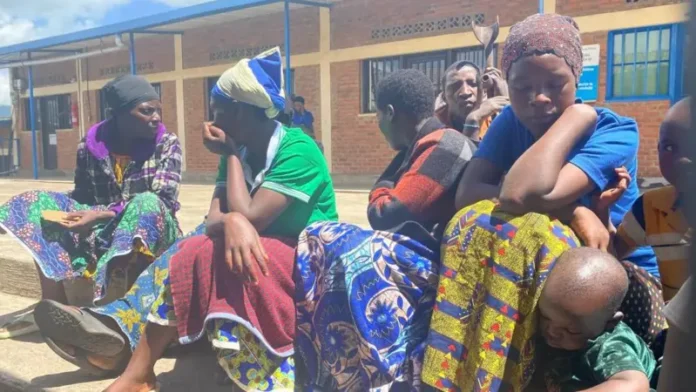Over 360 Rwandan returnees have been relocated to the temporary Kijote transit camp in Nyabihu District, Western Rwanda, after repatriating from eastern Democratic Republic of Congo.
twandikire kuri Whatsapp unyuze kuri iyi numero tugufashe: +254 754 537854.
Note: Company, Blog, Church website n'ink'ubuntu.
These returnees crossed the border on Saturday, leaving behind more than 2,000 others still at the UNHCR transit center in Goma, awaiting return preparations.
Speaking to ITYAZO MEDIA, several returnees claimed they returned voluntarily, though many did not clearly explain why such a large group repatriated at once.
ITYAZO MEDIA could not independently verify the testimonies of the returnees.
One of the returnees, Nyiramahoro Zawadi, told the BBC that she left Rwanda 31 years ago as a child, fleeing with her parents, who have since passed away, leaving her with only her brother. She later married and returned with her children.
She affirmed her return was voluntary and expressed positive impressions of Rwanda upon her arrival.
“We had long wanted to return, but were discouraged by alarming news about Rwanda. FDLR used to conduct propaganda, telling us there was no peace in Rwanda. But after M23 expelled them, my husband and I decided to return because we learned that our country is peaceful,” she said.
Another returnee, Andereya Uwizeyimana, a 61-year-old man who had been living in Kitchanga as a farmer, said he fled Rwanda in 1994 and has been in exile for 31 years.
Originally from Rutsiro, in the Western Province of Rwanda, Uwizeyimana plans to return there once he leaves the Kijote transit camp.
When asked why he took so long to return, he said:
“We were farming and making a living, so there was no urgency to return.”
However, when asked if he would consider going back to Congo, Uwizeyimana, who speaks very little, firmly said it was not possible.
Among the returnees are young people who were born in eastern Congo. One of them, Amani Munezero, a 20-year-old man from Kilolirwe in Masisi Territory, North Kivu Province, identifies as Congolese despite speaking Kinyarwanda fluently.
When asked if he ever asked his parents to return to Rwanda, he replied:
“Why would I ask to be taken somewhere I don’t know? I’ve always considered Kilolirwe my home.”
The Kijote camp director, Emmanuel Kayiranga, said the camp is temporary. Upon arrival, returnees are registered and asked about their origin and if they can recall it. Health screenings are conducted, and those aged 16 and above are enrolled to receive national IDs.
“They are medically screened and provided with basic support, including food. The duration of their stay will depend on how soon identification documents are processed, but it won’t be long,” said Kayiranga.
The first group of returnees arrived in Rwanda on Saturday. While most claim to have returned voluntarily, some admit they were encouraged by the new leadership in North Kivu, referring to M23 authorities.
Over 2,000 more returnees are expected, but their exact arrival date is unknown. Most of them are currently housed at a UNHCR-managed transit center near Goma.
